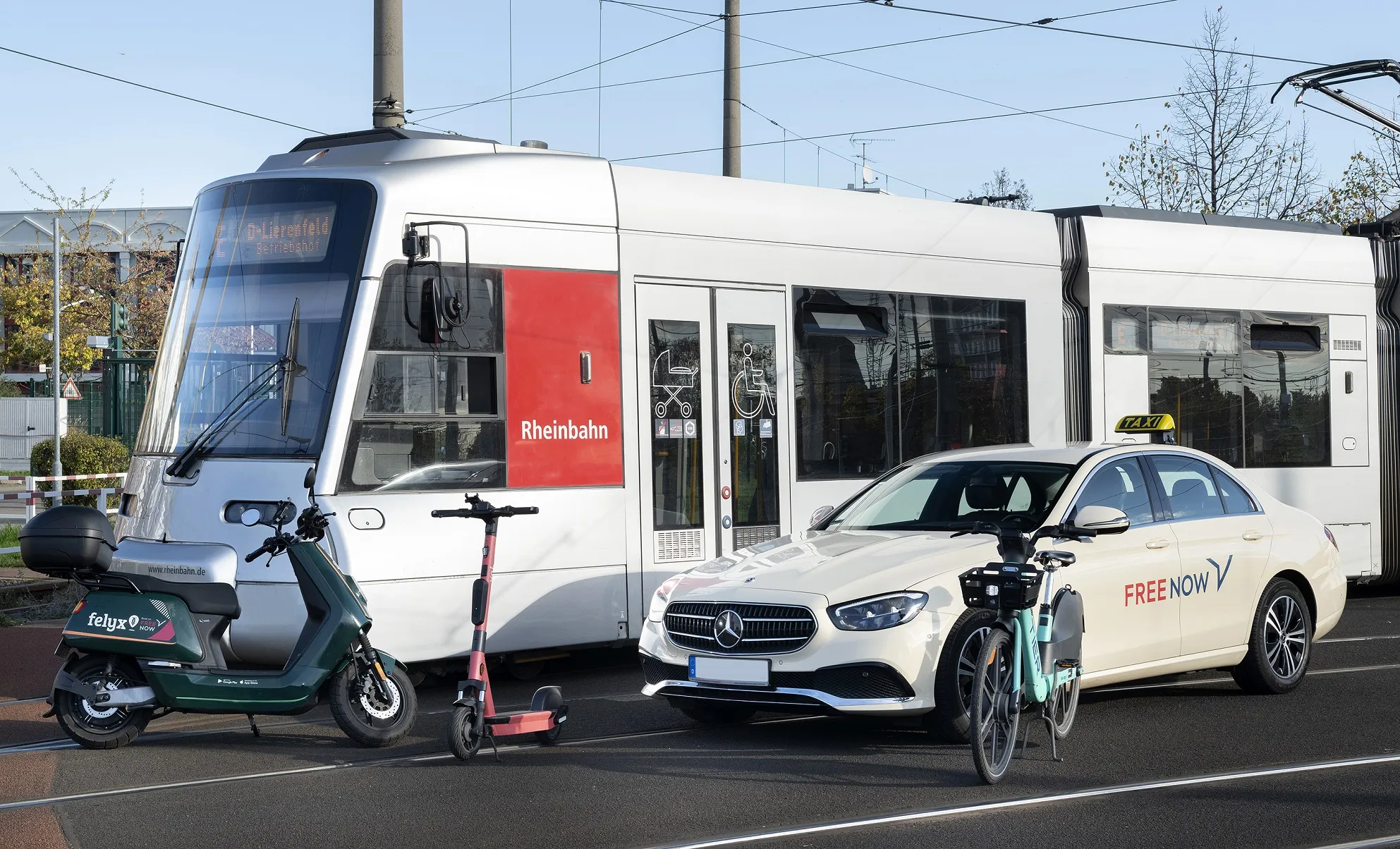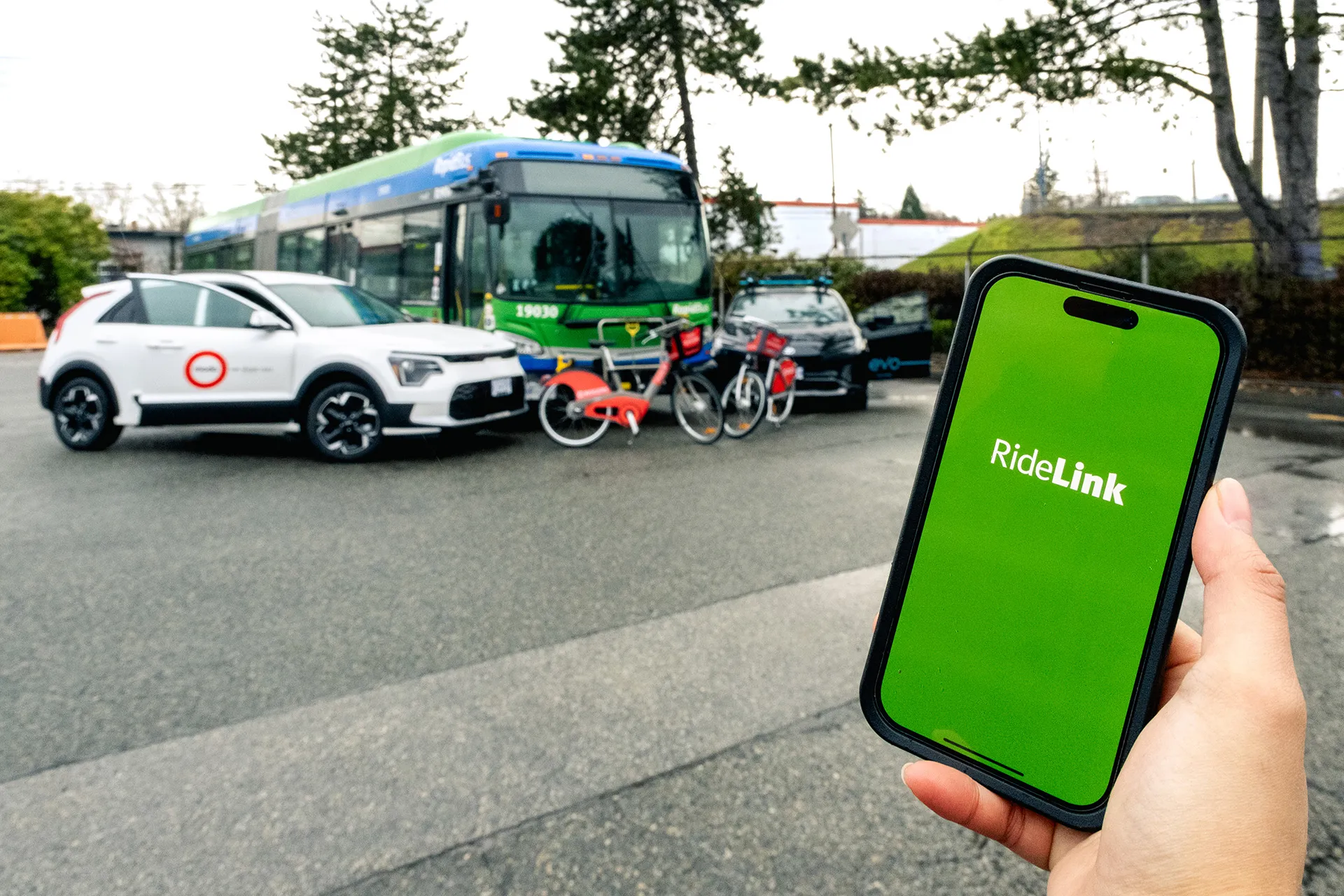
Mobility app Free Now has added German public transport services , meaning customers can buy single tickets, day passes and 48-hour passes directly.
Launched in 2020, Free Now already allows booking of 400,000 vehicles, including taxis, private cars, e-scooters, e-bikes, e-mopeds and car-share.
Working with Dutch ticketing aggregator Tranzer, the latest deal with Rheinbahn in Germany gives users the opportunity to book tickets for buses, trams, and underground trains directly in the app for all tariff zones of the Rhine-Ruhr Public Transport Association (VRR).
This takes in almost 1,100 lines, around 7.8 million inhabitants, and an area of 7,300km2 which includes major German cities like Düsseldorf, Dortmund, Essen, Bochum, Wuppertal and Duisburg.
The new travel option is primarily aimed at remote workers who only travel to their place of work occasionally, as well as business travellers or tourists.
"Further partnerships with other transport companies in Germany and across Europe are planned for 2023," says Free Now in a statement.
"This is an important next stage for us and, for the first time, we're enabling end-to-end ticketing for different modes of transport in our app," says Thomas Zimmermann, CEO at Free Now.
"Linking different mobility offers is crucial to succeed in transforming transportation in Europe. Free Now actively supports this as a partner of public transport. Our goal is to make urban mobility in Europe more sustainable, intelligent, and interconnected."
Susanne Momberg, chief financial officer of Rheinbahn, explains: "We want to make travel easy. That's why we like to work with a wide variety of partners in the mobility industry to create a diverse and modern offering."
Leila Laidani, country director Dach at Tranzer, adds: "In line with our philosophy of 'all green mobility, for everyone, anywhere, anytime', millions of users now have direct access to tickets for Germany's largest transport association. Even more offers will be introduced in the near future. This is another significant step in our mission to make sustainable mobility as easy and convenient as possible, helping to transform travel."










